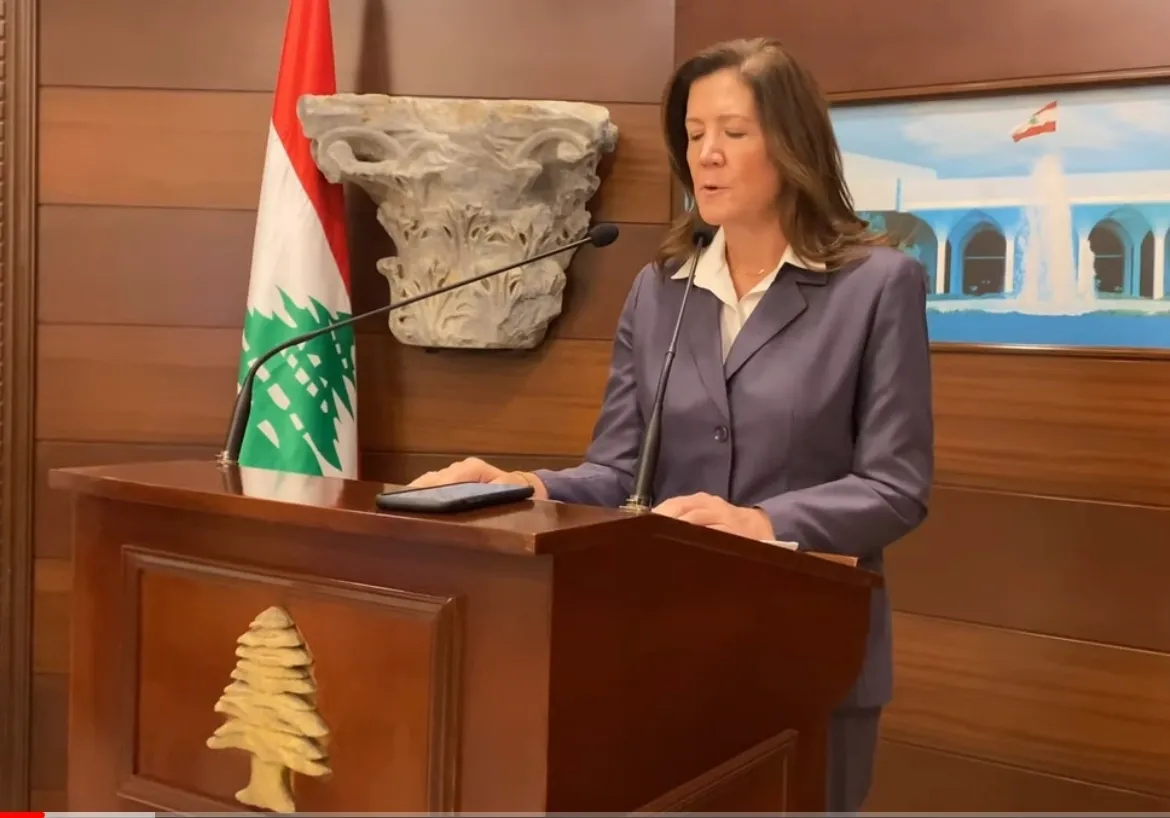
The Lights have gone out in Lebanon… What’s Next?
By Arabelle Barbir - WHiA Editorial Board
The World Bank, which has long identified Lebanon as a Fragility, Conflict & Violence (FCV) State, warns that Lebanon faces realistic threats to its already fragile social peace. With the remaining Central Bank’s compulsory reserves not exceeding $12 Billion, the regression of GDP to less than $20 Billion down from $55 Billion in the past five years, and the depreciation of the local currency (the Lebanese Lira) to 92% of its value, the poverty rate in the country of cedars has reached 80%. The fall to the abyss in the past year has been so dramatic that, according to the Spring 2021 Lebanon Economic Monitor, the current crisis is one of the worst three socio-economic and financial crises in the world over the past 150 years.
One cannot overestimate the importance of US assistance to Lebanon in the post-war reconstruction period up until this day, including governmental and non-governmental development projects, which contributed in great parts to maintaining the US-Lebanese relations from the grassroots to the top of diplomacy and mostly, emphasizing the US presence and its important role in maintaining stability and security in this strategic location of the Middle East. In line with this role, US Senior Advisor for Global Energy Security Amos Hochstein had traveled to Beirut on October 19th, 2021 to discuss helping Lebanon find sustainable solutions to its Energy sector. To help solve the Lebanese decades-old electricity problem, which has drained $40 Billion out $90 Billion of Lebanon’s public debt, and to support the Lebanese people who are living in the dark and cold, the US facilitated the regional Egyptian gas project, with a World Bank grant, providing through Jordan clean and sustainable energy- while making sure the Cezar Act sanctions on the Syrian regime stay in effect. The support to this project came from the US Ambassador to Lebanon HE Dorothy Shea and the message relayed from the US Department of the Treasury, after meeting with the Lebanese PM Najib Mikati on January 14th, 2022. The revival of the Arab gas pipeline project, facilitated and encouraged by the US Government (USG), was launched by the Lebanese Energy Minister Walid Fayad on December 28th, 2021, in Tripoli, North Lebanon. The 18-months project will bring about 650 million cubic meters annually to Lebanon, leading to the production of 450 Megawatts of electricity out of the overall 3,000 Megawatts needed, adding 3-4 hours of electricity to the current two hours per day supply.
This project constitutes a light in the dark background of the Lebanon of today where State institutions have failed due to the corruption of the Lebanese political leaders. In 2020, Lebanon’s Corruption Index reached an all-time high, ranking 149th out of 180 countries, according to Transparency International. The prevailing political ruling system, the lack of urgent parliamentary legislation, of a fair legal system, of transparency and modernism, are all red flags, preventing breakthrough and progress towards Good Governance. Since Lebanon’s political system was based on parliamentary democracy, the upcoming Lebanese parliamentary elections (May 2022) constitute a real opportunity for the Lebanese people to elect representatives who would work for the public rather than their own private causes. It is only a truly representative Lebanese parliament, which would legislate urgently needed reforms, consistent with the international community’s demands prior to offering additional financial support, that could save the country, which was transformed into an open arena for Mafiosi and their destructive associates, from imminent social collapse.
On the other hand, if the situation in Lebanon remains unchanged, there are serious concerns about the revival of terrorist cells in Lebanon that are benefitting from the dire economic and financial situation, to spread chaos- especially in the wake of the decreasing human resources in State institutions including the army and law enforcement agencies. Is it really inevitable for history to repeat itself?
